A pediatrician and a medical student at the University of Colorado Anschutz Medical Campus are challenging denials of their requests for religious exemptions from the school’s COVID vaccination mandate, arguing in a lawsuit filed Wednesday that administrators are judging the “veracity” of personal religious beliefs in violation of the First Amendment.
The U.S. District Court lawsuit filed by the Thomas More Society, a not-for-profit conservative firm based in Chicago, is the latest clash over a growing number of private- and public-sector vaccine mandates nationwide to stem the spread of the coronavirus, which has killed more than 600,000 people in the U.S.
The lawsuit argues that the medical school is arbitrarily granting religious exemptions to its vaccine requirement for all staff and students. It contends the university is approving requests that are based on organized religious beliefs that oppose vaccinations, while subjecting requests based on personal religious beliefs to “intrusive religious inquisition to test the veracity of students’ and employees’ asserted religious beliefs.”
The lawsuit further argues that “there is is a top-down cultural, societal, and legal assault currently underway against those who forgo the vaccines,” citing commentary by U.S. television personalities, statements made on news broadcasts and speeches by President Joe Biden.
In response to the lawsuit, Mark Couch, a spokesperson for the School of Medicine said their mandatory vaccine policy “offers the best way to protect” the more than two million patients that the school faculty serve each year.
Your tax-deductible gift helps our journalists report the truth and hold Christian leaders and organizations accountable. Give a gift of $30 or more to The Roys Report this month, and you will receive a copy of “Hurt and Healed by the Church” by Ryan George. To donate, click here.
“We have adopted this policy in recognition of our responsibility to provide public health leadership in our state and beyond,” Couch said.
The lawsuit names the pediatrician and professor as “Dr. Jane Doe,” and the first-year student as “John Doe,” to protect them from retaliation, said Peter Breen, vice president at the Thomas More Society.
According to the lawsuit, Jane Doe requested a religious exemption based on her Catholic beliefs and opposition to “abortion-derived cell lines” used in the three available vaccines in the U.S. — Pfizer, Moderna and Johnson & Johnson. She did not oppose other vaccines, such as the flu shot, not derived from those lines.
The university denied her request, stating that campus policy “only recognizes religious exemptions based on a religious belief whose teachings are opposed to all immunizations,” according to the complaint. It argues that her pending termination will harm her reputation and stain her medical license record.
“This idea that you have to have to have a centralized authority to get a religious exemption, it strikes against everything we know about the First Amendment and our whole system of the relationship between the church and the state,” Breen said.
John Doe, a medical student from British Colombia, requested a religious exemption citing his Buddhist beliefs and his avoidance of “products developed through the killing or harming of animals (including human beings),” according to the lawsuit.
University officials denied his request, saying that John Doe’s objections to the vaccine “are all of a personal nature and not part of a comprehensive system of religious beliefs.”
The lawsuit says John Doe’s pending termination from the school would bar him from transferring to another medical school under guidelines issued by the Association of American Medical Colleges and that he would have to reapply to attend a different U.S. medical program.
“He faces the near-impossible prospect of starting medical school over somewhere else, or entirely forgoing his dream of becoming a medical doctor,” the lawsuit states.
Both plaintiffs are seeking approval of their requests for religious exemptions as well as money for court costs and personal damages. For John Doe, this includes compensation for having to return to Canada, terminate his apartment lease and sell his belongings on short notice, Breen said.
The Thomas More Society is representing several religious exemption cases across the country, but Breen called the University’s actions “some of the most egregious.” With this case, Breen said the organization hopes “to create precedent to ensure that other government actors across the country don’t get entangled in religion and don’t turn their government entities into these theological inquisitions.”
Patty Nieberg is a corps member for the Associated Press/Report for America Statehouse News Initiative.




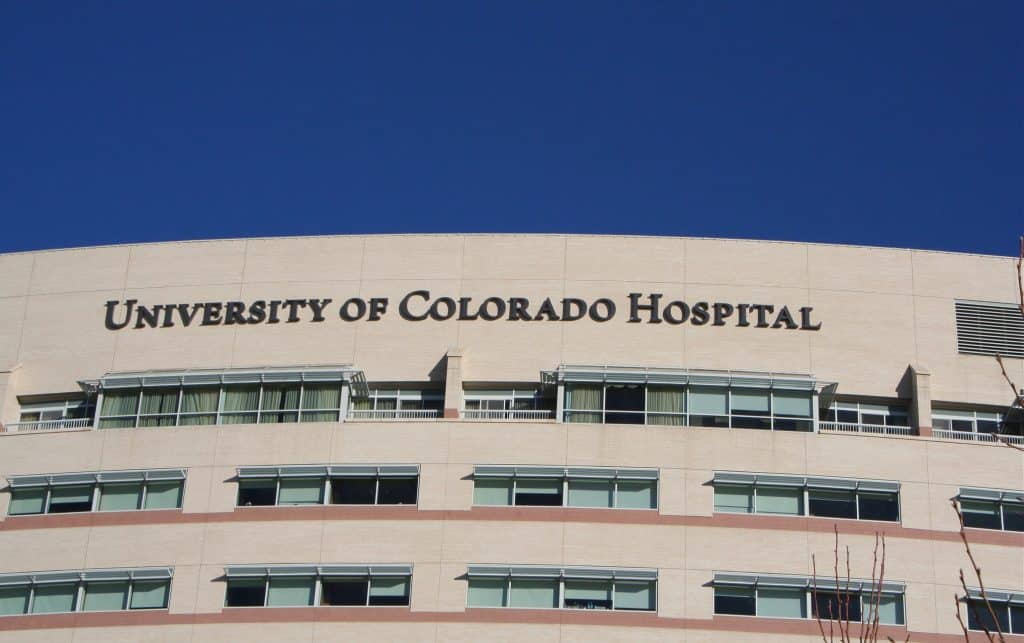
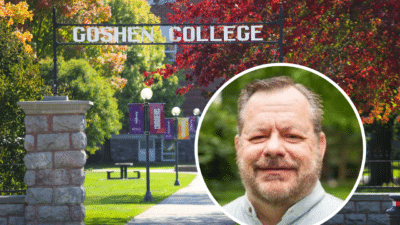
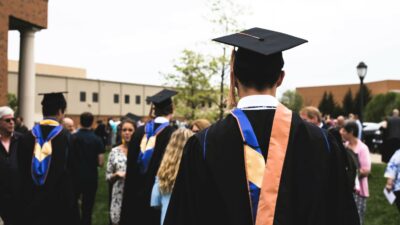
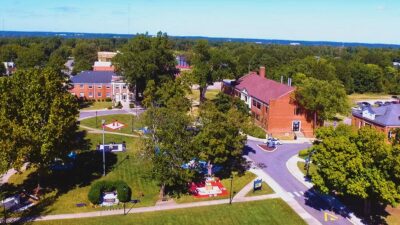

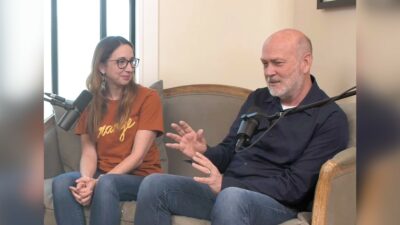

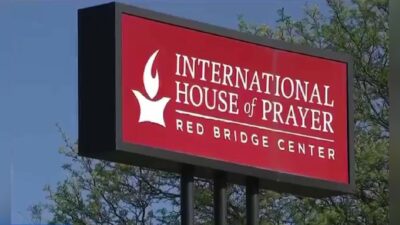








4 Responses
hmmm, can I get out of paying property taxes by having a “valid religious belief” against paying property taxes? can I scream “religious persecution against christians” when the county takes my home??
I remember decades ago some pacifist Christians who didn’t pay their income taxes because they didn’t want their money to support the military. The difference with them was that they were willing to accept the consequences of standing for those convictions, even if it meant going to prison.
When you buy real estate, property taxes are always part of the deal as a means to fund schools, roads, etc. They’re is no religious accommodation for not paying property tax because employment law doesn’t govern the payment of property taxes.
From the eeoc website:
1. Are employers required to accommodate the religious beliefs and practices of applicants and employees?
Yes. Title VII of the Civil Rights Act of 1964 prohibits employment discrimination based on religion. This includes refusing to accommodate an employee’s sincerely held religious beliefs or practices unless the accommodation would impose an undue hardship (more than a minimal burden on operation of the business). A religious practice may be sincerely held by an individual even if newly adopted, not consistently observed, or different from the commonly followed tenets of the individual’s religion.
2. What does Title VII mean by “religion”?
Title VII defines “religion” very broadly. It includes traditional, organized religions such as Christianity, Judaism, Islam, Hinduism, and Buddhism. It also includes religious beliefs that are new, uncommon, not part of a formal church or sect, or only held by a small number of people.
The plaintiffs arguments have a sound basis. The university’s counter argument as to protecting those served by the university, is rather voided by the matter of allowing exemptions (whatever the grounds for exemption).
Logic and principal appear to be being overruled by the pragmatism of surrendering to organised faith entities.
It is arguable that government should rule on the matter, and exemptions should not be allowed if not applied universally.
Bottom line, it is doubtful whether University administrators have the skill set to come to safe judgement on whether or not a professed faith is authentic.
Where the University agent says an individual’s objections, “are all of a personal nature and not part of a comprehensive system of religious beliefs”, they are saying that it is not possible to have an individual faith, they are saying that all qualifying belief must be off-the-institutional-shelf and institutionally collective.